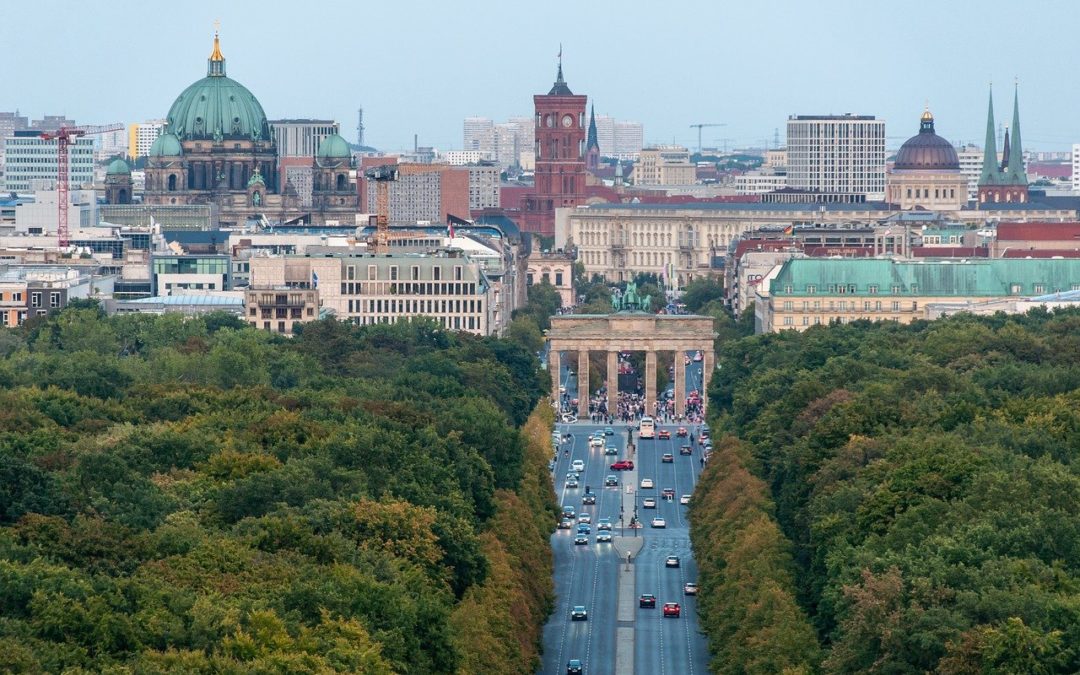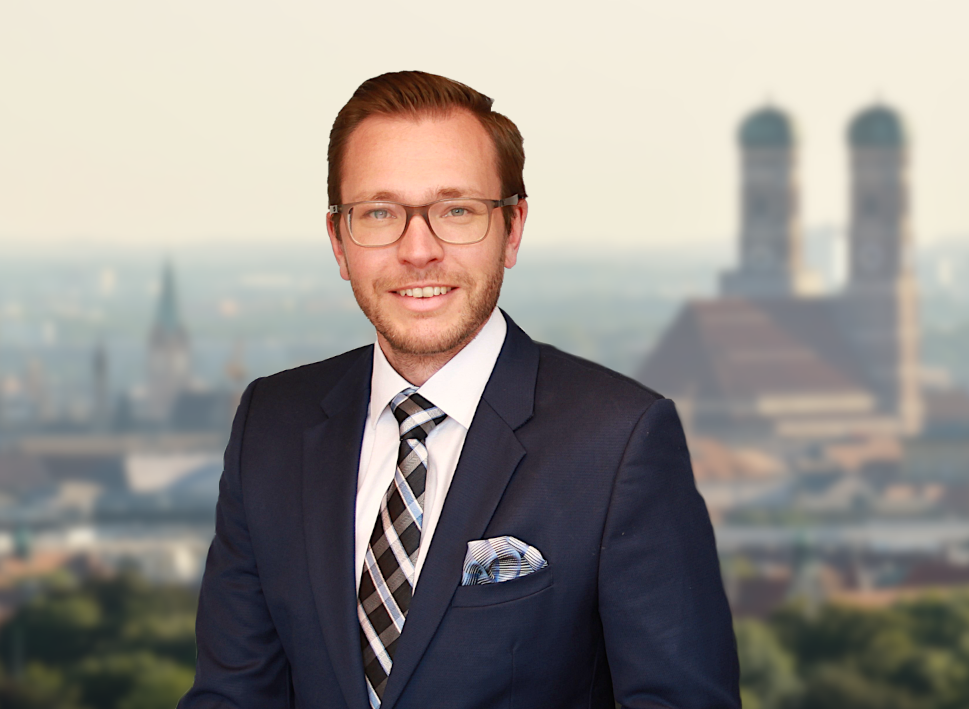Berlin, the vibrant capital of Germany, holds a unique place in the global imagination, renowned for its rich history, cultural diversity, and avant-garde spirit. As one of Europe’s most dynamic cities, Berlin’s real estate market reflects its status as a global hub of creativity, innovation, and economic opportunity. Against the backdrop of Germany’s evolving urban landscape, Berlin’s real estate sector stands out as a beacon of growth, transformation, and resilience.
Berlin: A City of Contrasts and Contradictions
Berlin’s allure lies in its ability to seamlessly blend the old with the new, the historic with the avant-garde. From the iconic landmarks of Brandenburg Gate and Berliner Dom to the gritty charm of street art-adorned neighborhoods like Kreuzberg and Friedrichshain, the city captivates with its eclectic mix of architecture, culture, and lifestyles.
As the symbolic center of Germany’s reunification and a crucible of artistic and political expression, Berlin embodies the spirit of reinvention and resilience. Despite enduring the scars of war, division, and reconstruction, Berlin has emerged as a global powerhouse, attracting talent, investment, and attention from around the world.
The Berlin Real Estate Landscape
Berlin’s real estate market is a reflection of its multifaceted identity, characterized by diversity, dynamism, and complexity. From historic Altbau apartments in Mitte to sleek modern developments along the Spree River, Berlin offers a kaleidoscope of housing options catering to residents of all backgrounds and preferences.
One of the defining features of Berlin’s real estate market is its affordability relative to other major European capitals. While prices have risen steadily in recent years, Berlin remains considerably more affordable than cities like London, Paris, or New York, making it an attractive destination for young professionals, artists, and entrepreneurs seeking an urban lifestyle without exorbitant costs.
Trends Shaping Berlin’s Real Estate Market
Several key trends are shaping the trajectory of Berlin’s real estate market, reflecting the city’s evolving demographics, economic dynamics, and cultural landscape:
- Rapid Urbanization and Population Growth: Berlin’s population has been steadily growing in recent years, fueled by domestic migration as well as influxes of international residents and expatriates. This population growth has led to increased demand for housing across the city, driving up property prices and rents in many neighborhoods.
- Transformation of Former Industrial Areas: Berlin’s industrial heritage is being revitalized through ambitious urban redevelopment projects aimed at repurposing former factory sites and warehouses into mixed-use developments. Areas like Friedrichshain-Kreuzberg and Wedding are undergoing rapid transformation, attracting investment in residential, commercial, and cultural spaces.
- Focus on Sustainable and Inclusive Development: With growing awareness of environmental sustainability and social equity, developers in Berlin are embracing principles of green building and inclusive design. Projects like the Rummelsburger Bucht development exemplify this trend, integrating sustainable architecture, green spaces, and affordable housing options.
- Tech and Creative Hub: Berlin’s burgeoning tech and creative industries are driving demand for innovative workspaces and live-work environments. Neighborhoods like Prenzlauer Berg and Neukölln have become magnets for startups, coworking spaces, and cultural initiatives, contributing to the city’s reputation as a global innovation hub.
Berlin in the Context of Germany’s Real Estate Market
Berlin’s real estate market occupies a central position within Germany’s broader urban landscape, serving as a bellwether for trends and developments across the country. While cities like Munich and Frankfurt may boast higher property prices and economic indicators, Berlin’s cultural vibrancy, youthful energy, and creative dynamism make it an indispensable player in the German real estate sector.
As Germany continues to undergo urbanization and demographic shifts, Berlin’s real estate market is poised for further growth and transformation. While challenges such as housing affordability, gentrification, and social inclusion remain pressing concerns, Berlin’s resilient spirit and spirit of innovation bode well for its future as a global metropolis.
In conclusion, Berlin’s real estate market embodies the city’s ethos of reinvention, diversity, and dynamism. As investors, residents, and visitors alike are drawn to Berlin’s magnetic allure, the city’s real estate sector stands as a testament to its enduring appeal and potential for continued growth and prosperity.


